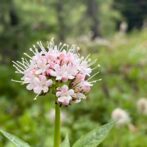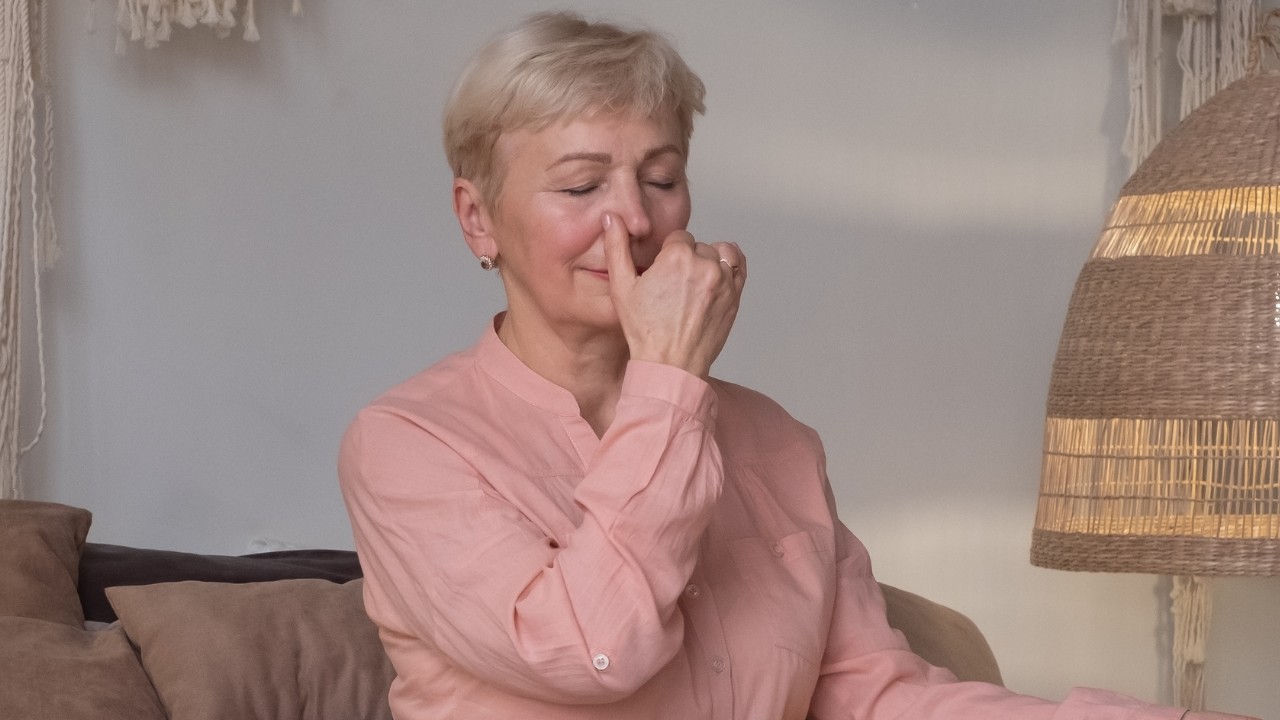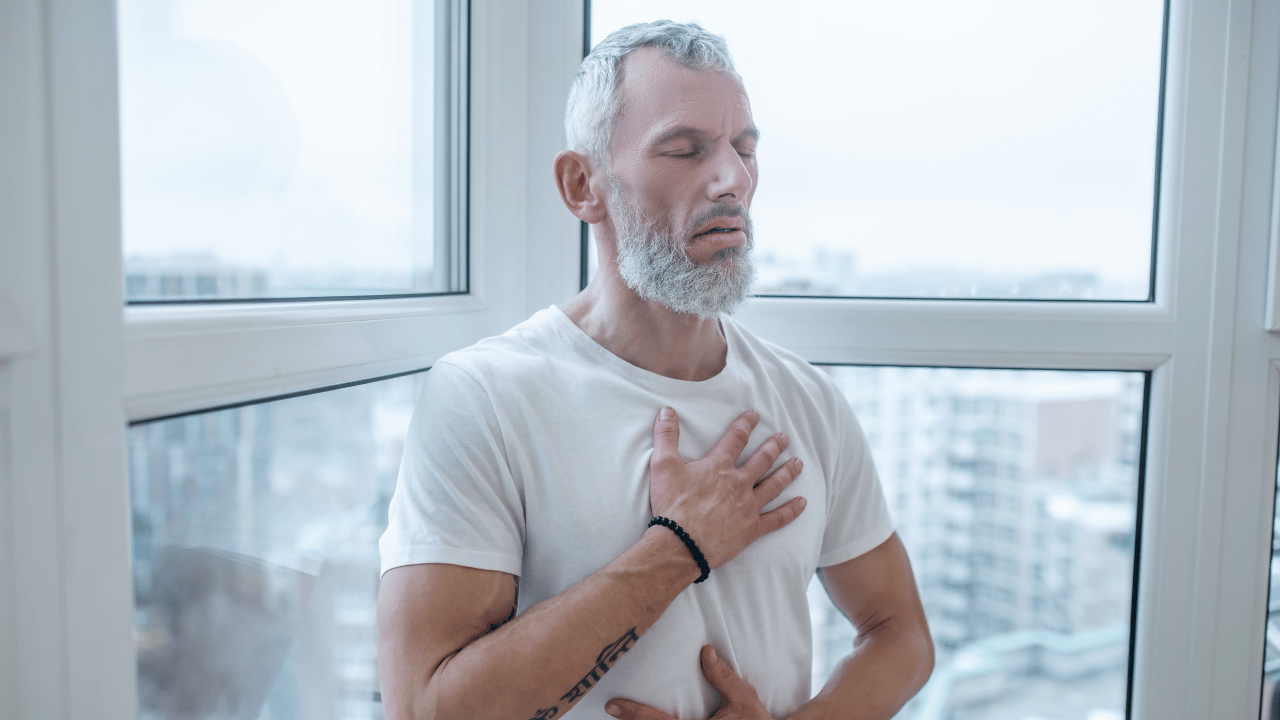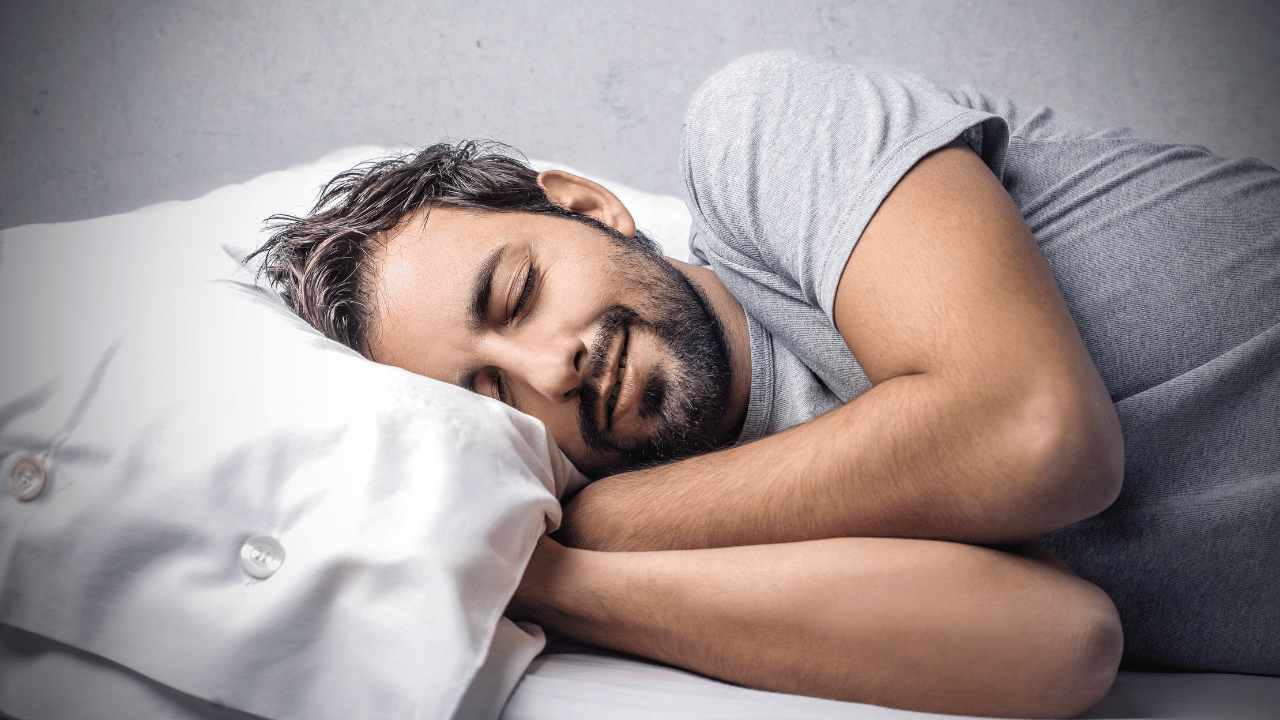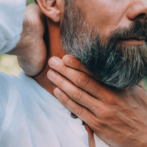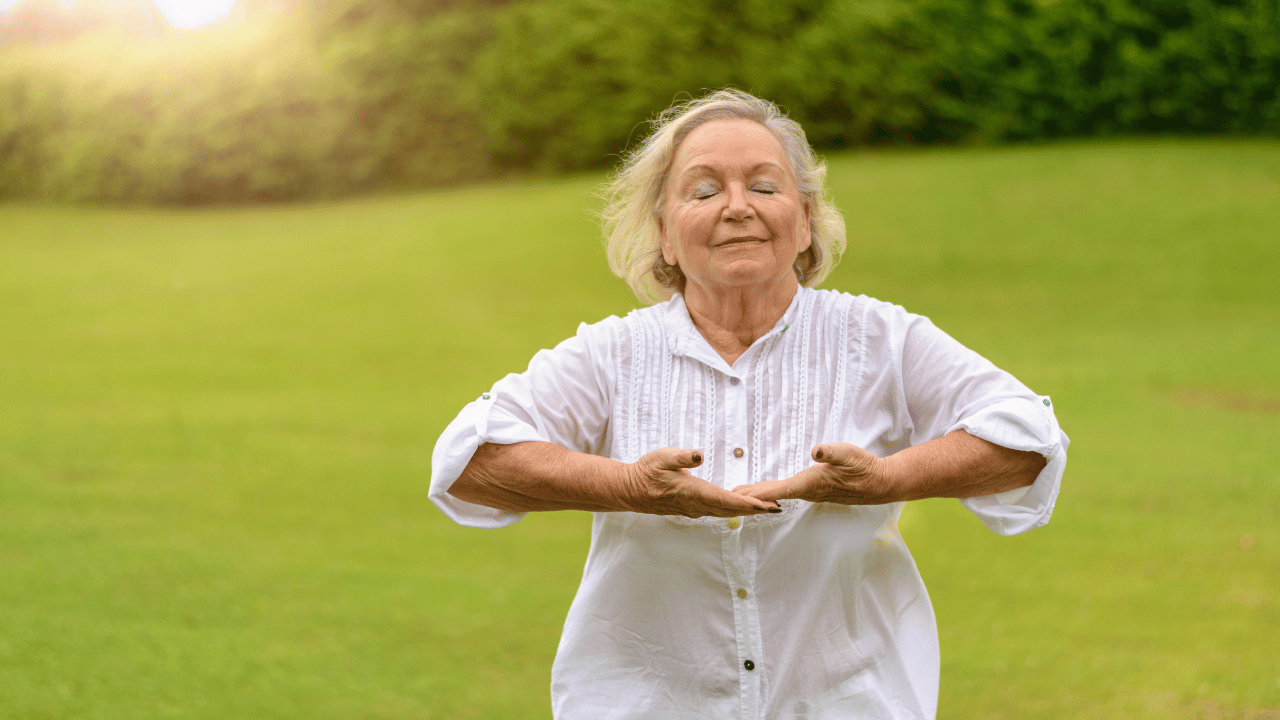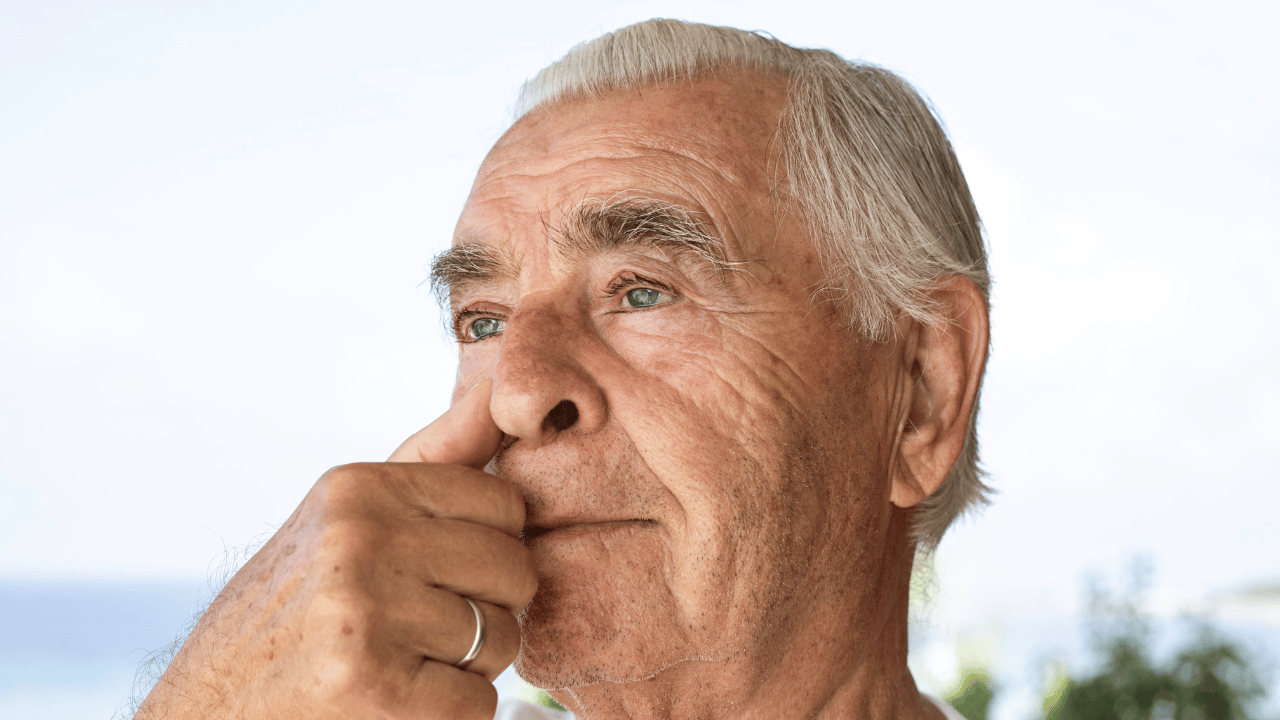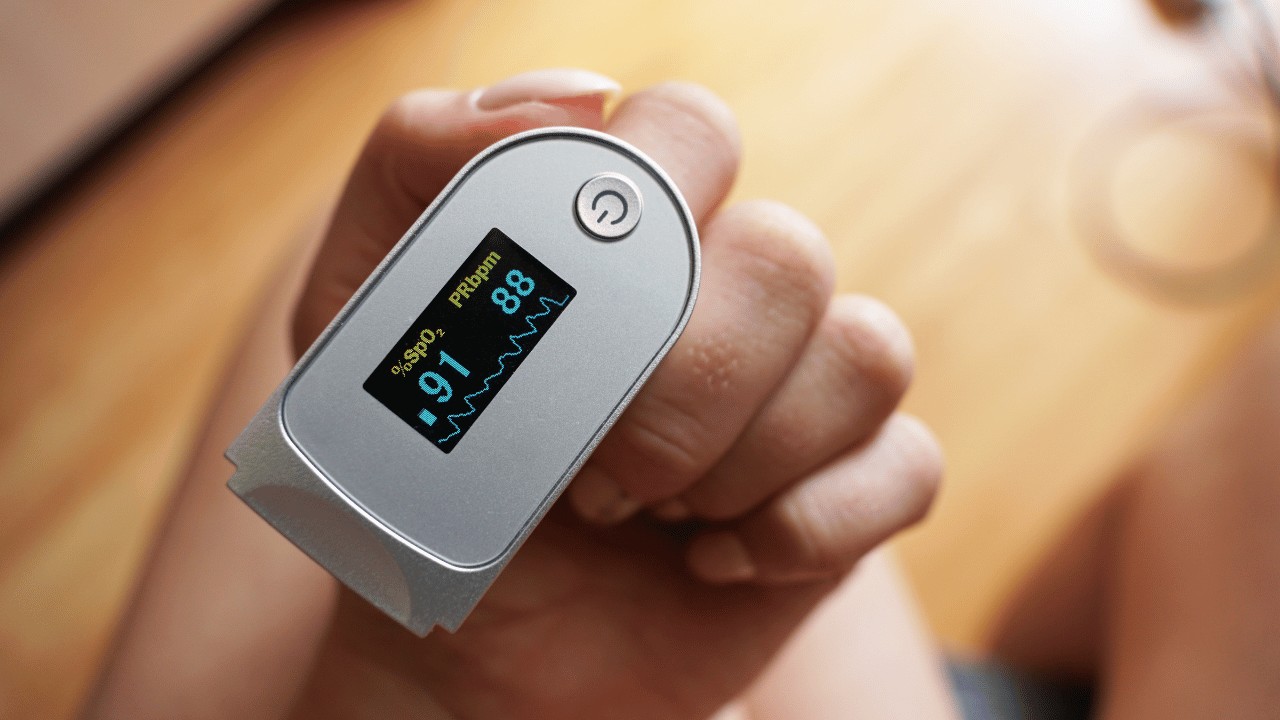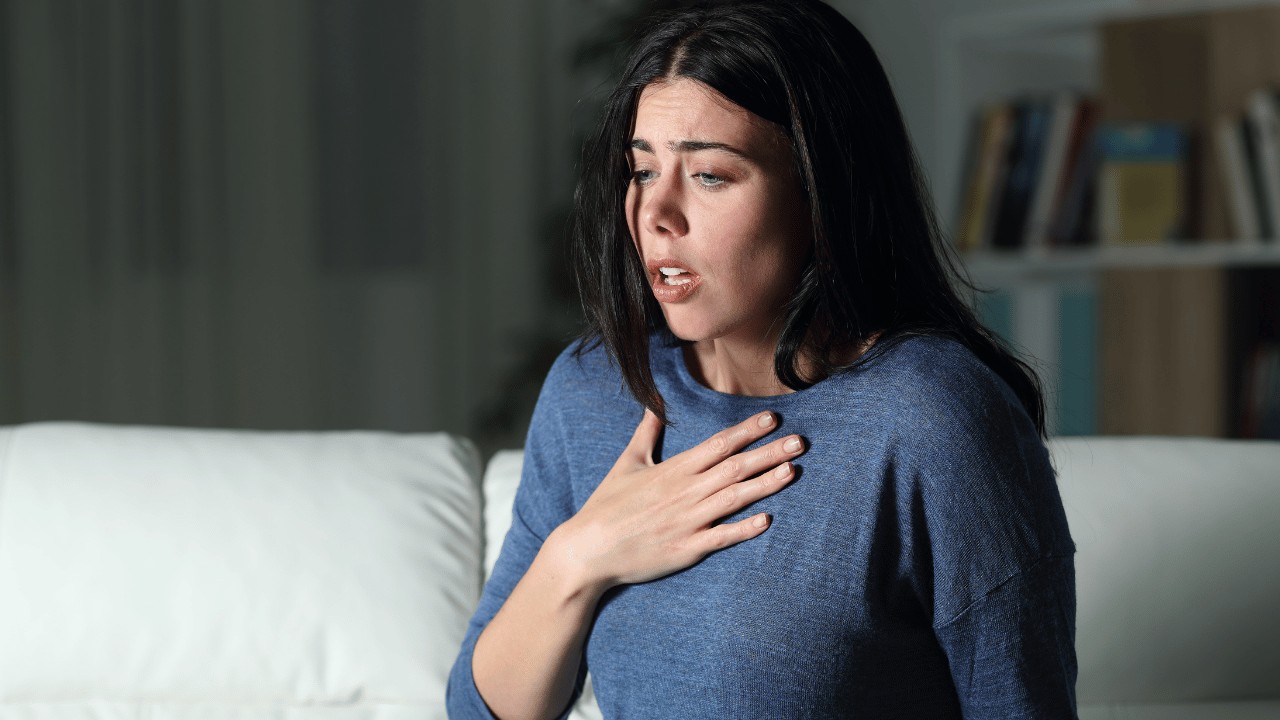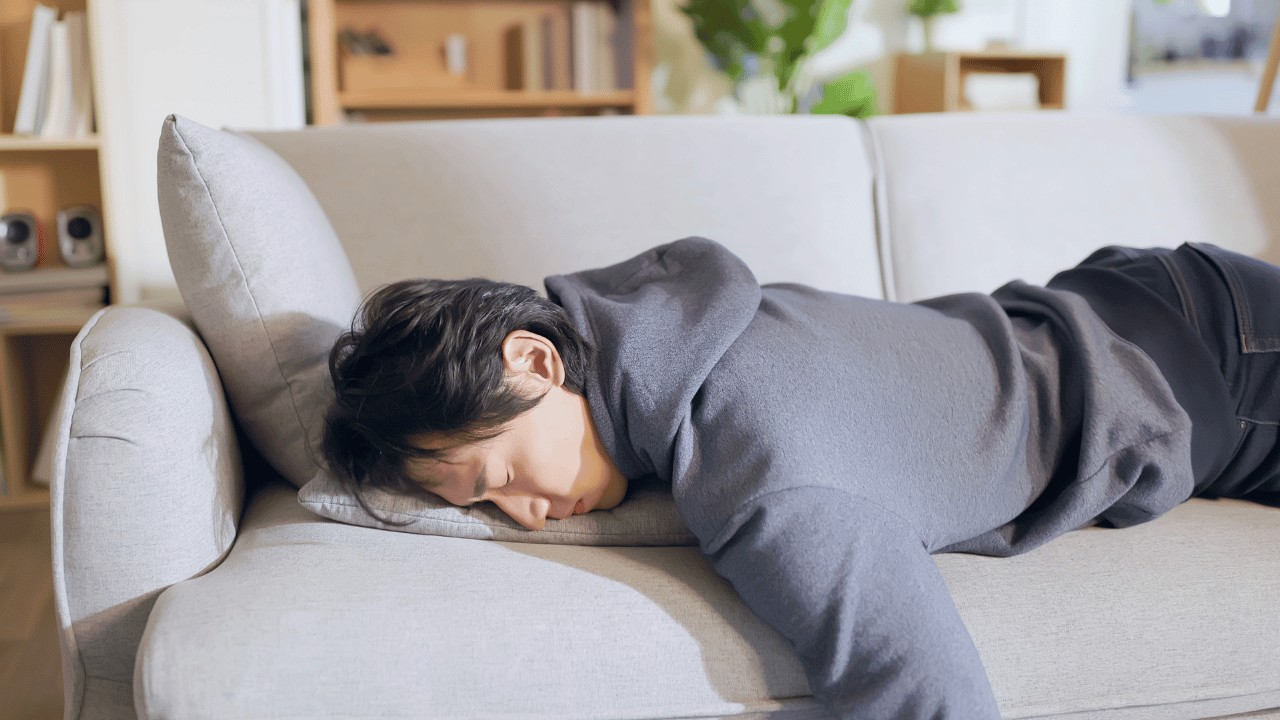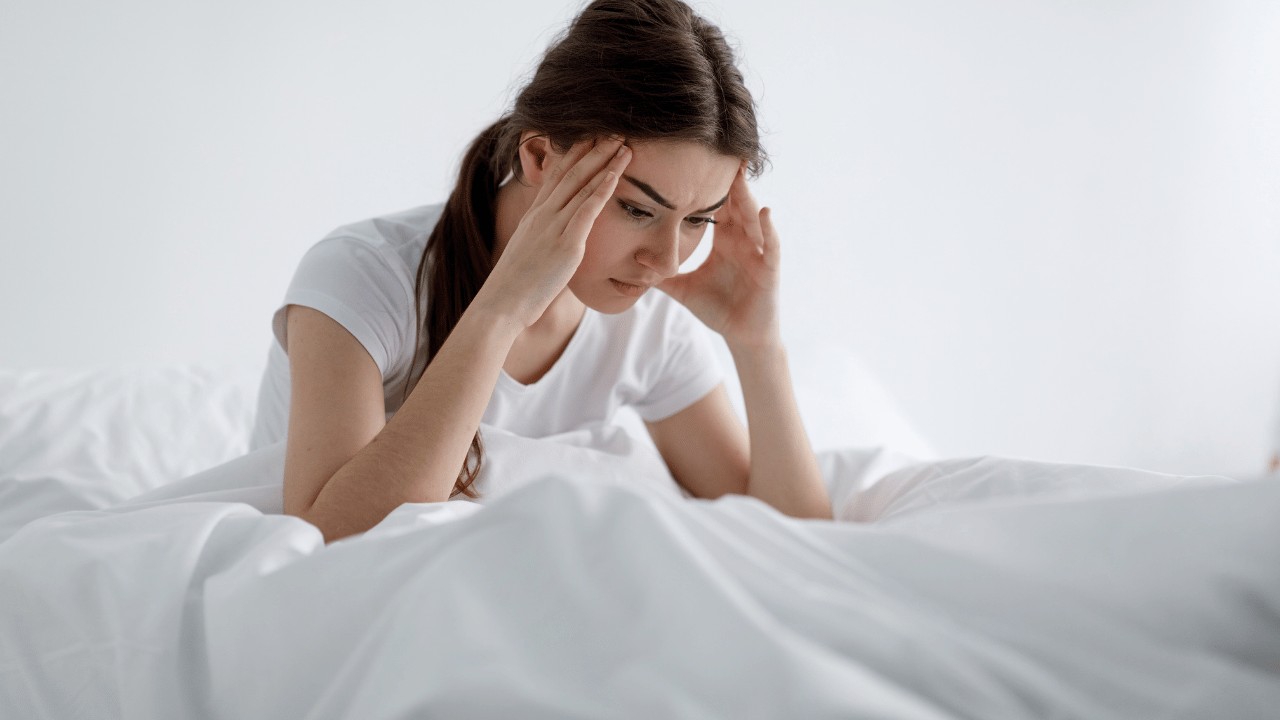Valerian Root for Sleep Apnea
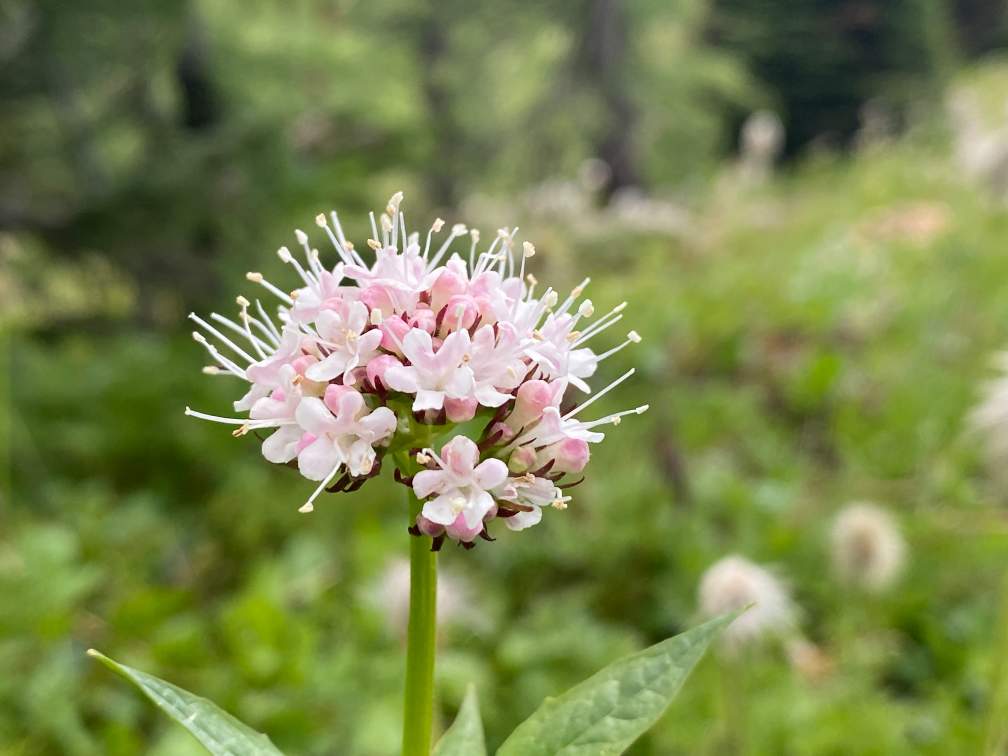
Valerian root is one of several plant-derived ingredients commonly used in natural remedies for sleep apnea and snoring. With multiple medications, herbal teas, and supplements on the market, a growing proportion of people with sleep apnea are turning to natural products to support restful sleep, alongside breathing exercises and practical sleeping aids.
While it should not be regarded as a cure or standalone resolution, Valerian root is thought to provide relaxation and assist with healthy sleep. It could potentially be a useful tool to help with overcoming sleep apnea. Today, we’ll look at whether Valerian root might be an effective sleep apnea herbal treatment, the properties inherent in the plant that may be beneficial, and myth-bust some common misconceptions.
What Is Valerian Root: And Can it Help With Sleep Apnea?
Let’s start by clarifying that Valerian is an herb that has been used in ancient medicine for hundreds of years. It is originally native to Europe and Asia. The plant’s root has long been considered a dietary supplement that might help with sleep disorders, stress, fatigue, and digestive complaints.
There are hundreds of forms of Valerian root you might opt to purchase, including teas, tablets, capsules, and tinctures that are taken as drops. Like many traditional herbal supplements, Valerian root is one of the anti-inflammatory herbs sleep apnea sufferers may perceive as helping them rest and ease their breathing. However, it’s important to note that varied responses to plant-based supplements are common.
While some clinical trials have found that Valerian root effectively augments sleep in patients undergoing cancer treatments, with secondary outcomes addressing daytime fatigue, other systematic reviews have been less conclusive, although noting that the herb is safe and well-tolerated for most people.
Therefore, some people with sleep apnea might find that an herbal tea containing sleep-focused ingredients like Valerian root and chamomile helps them relax; others may experience very little difference, often depending on the quality and dosage of the supplement and the person’s reaction.
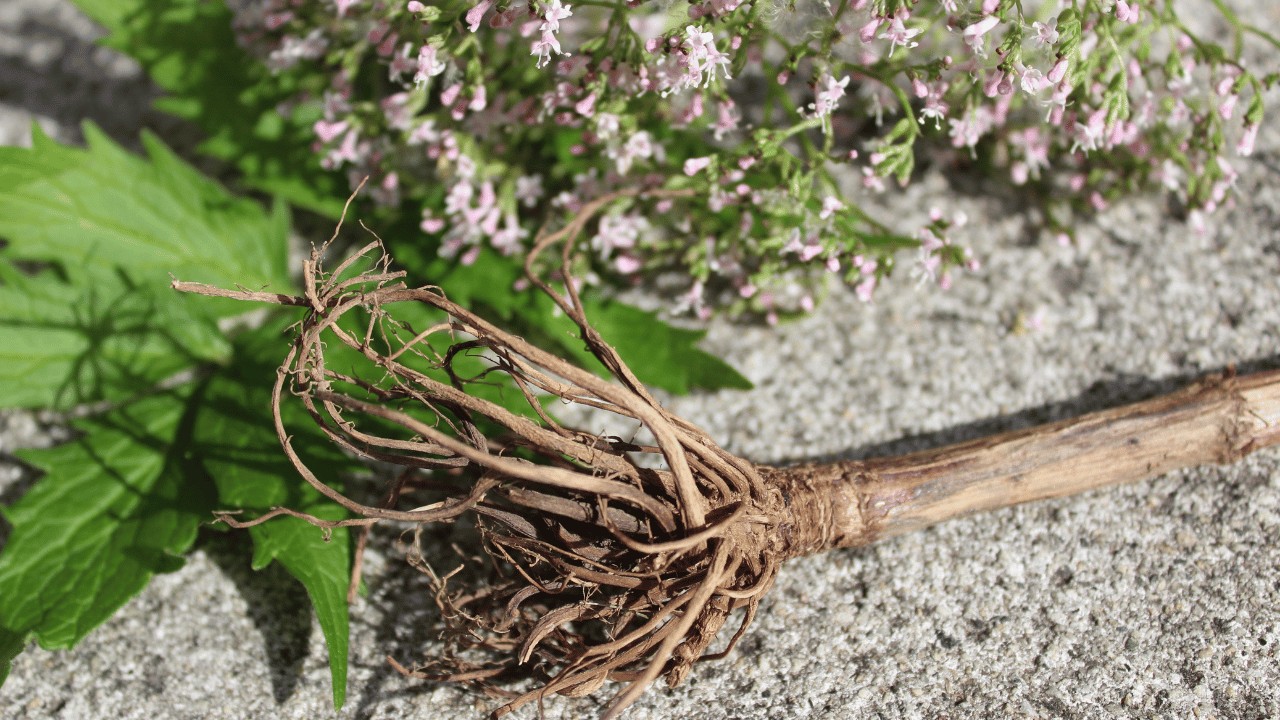
Is Valerian Root a Potential Sleep Apnea Cure?
Currently, there is no universal cure for sleep apnea, and any products or herbal supplements claiming to work as a comprehensive solution should be regarded with caution. Further studies are needed to quantify whether and how Valerian root may be most effective.
However, there are chemical compounds within Valerian root and other herbal ingredients thought to affect the way our bodies and brains work, which researchers have identified as including:
- Essential oils: Natural plant concentrates extracted from flowers, leaves, seeds, and bark with varied chemical compositions
- Flavonoids: Plant, fruit, and vegetable compounds believed to help neutralize free radicals–the molecules that cause inflammation and several diseases
- Lignans: Plant compounds that may offer anti-inflammatory properties and assist with conditions related to high blood pressure
- Iridoids: Organic compounds used in anti-inflammatory and antiviral pharmaceutical products
Each of these ingredients is used in varied herbal and medical brands, most often combined with dietary adjustments to introduce more foods and plants that contain anti-inflammatory properties. The idea is that by reducing inflammation in the airways, sleep apnea sufferers may experience less airflow resistance.

Valerian Root and Sleep Apnea: The Conclusion
As we’ve seen, studies have conflicting opinions. Not all agree that Valerian root effectively boosts sleep quality or assists in getting to sleep faster, nor do all teas and supplements contain consistent doses of Valerian root. That said, anecdotal findings suggest that some people find herbal products, good sleep hygiene, stress reduction, and breathing techniques useful and form part of their approach to sleep apnea.
For more information about natural ways to promote easy nighttime breathing, our Sleep Apnea Solution book is a valuable resource with in-depth guides and insights into the actionable steps that may help!

